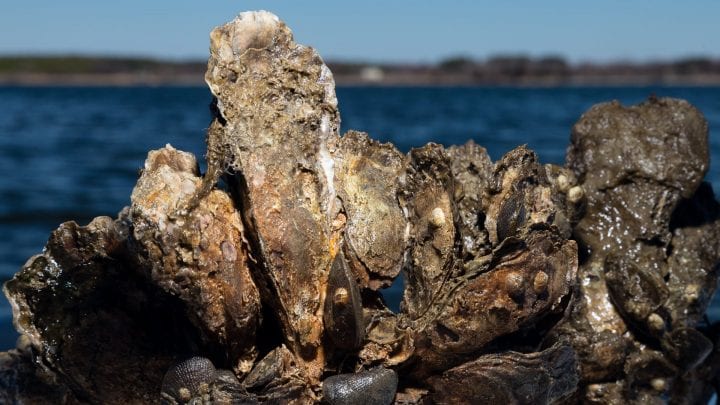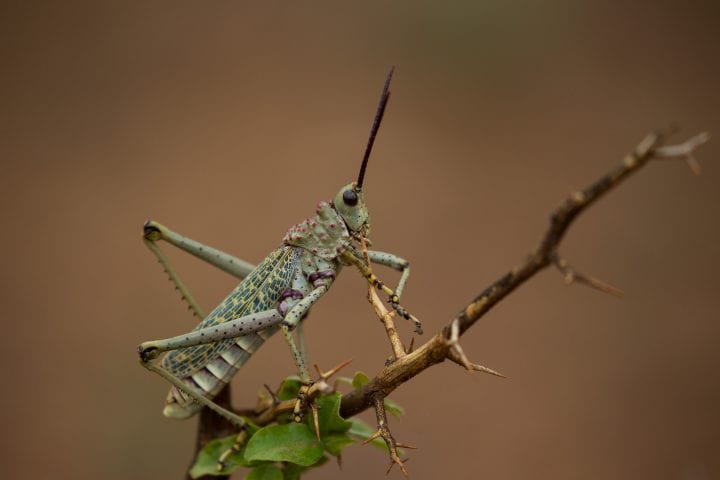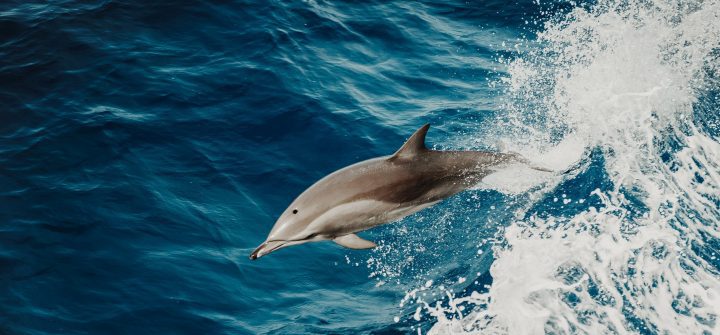Members of many animal communities improve the survival of the group by self-sacrificing time, energy, and resources.
“Helena Cronin, codirector of the Centre for Philosophy of Natural and Social Science at the London School of Economics, has a new approach to Darwinism: Only the altruistic survive. Smart evolution, Cronin says, involves self-sacrifice to aid the greater cause. Darwin himself recorded numerous examples of animals giving up their time, their food, their mates, and even their lives to help others in the population. By applying these principles to the economy, Cronin says, we can evolve to new heights. Cronin suggests stressing cooperation, putting renewed emphasis on policy, and understanding that competition is to be approached not as mortal combat, but as a display–similar to lekking behavior exhibited by male grouse.” (Courtesy of the Biomimicry Guild)
“White-fronted African bee eaters will face spitting cobras, forage
tirelessly for bees and delay having their own young–all to help close
relatives raise a clutch of baby birds. Why would any bird engage in
such magnanimous behavior? Years of direct observation have led two
scientists to suggest this altruism is an inherited trait that gives
the “helper” bird’s family a survival edge in the harsh African
savannah.
“Helper birds postpone opportunities to breed in order to help family
members,” says Cornell University biologist Stephen T. Emlen. But the
behavior is genetically “selfish” because it helps young relatives
survive, thereby perpetuating the family’s genes, Emlen says…Emlen and Wrege believe African bee eaters provide evidence for the
evolution of helping behavior even among birds that gain no direct
personal benefits from their action. Other researchers have suggested
that some bird species do benefit directly by helping another couple
raise a family. For example, they note, young helper birds may gain
experience that boosts their chance of successfully raising offspring
of their own later on. In bee eaters, however, a comparison of
first-time breeders with and without prior helping experience showed
that this factor had no effect on the number of young produced, report
Emlen and Wrege.” (Fackelmann 1989)








